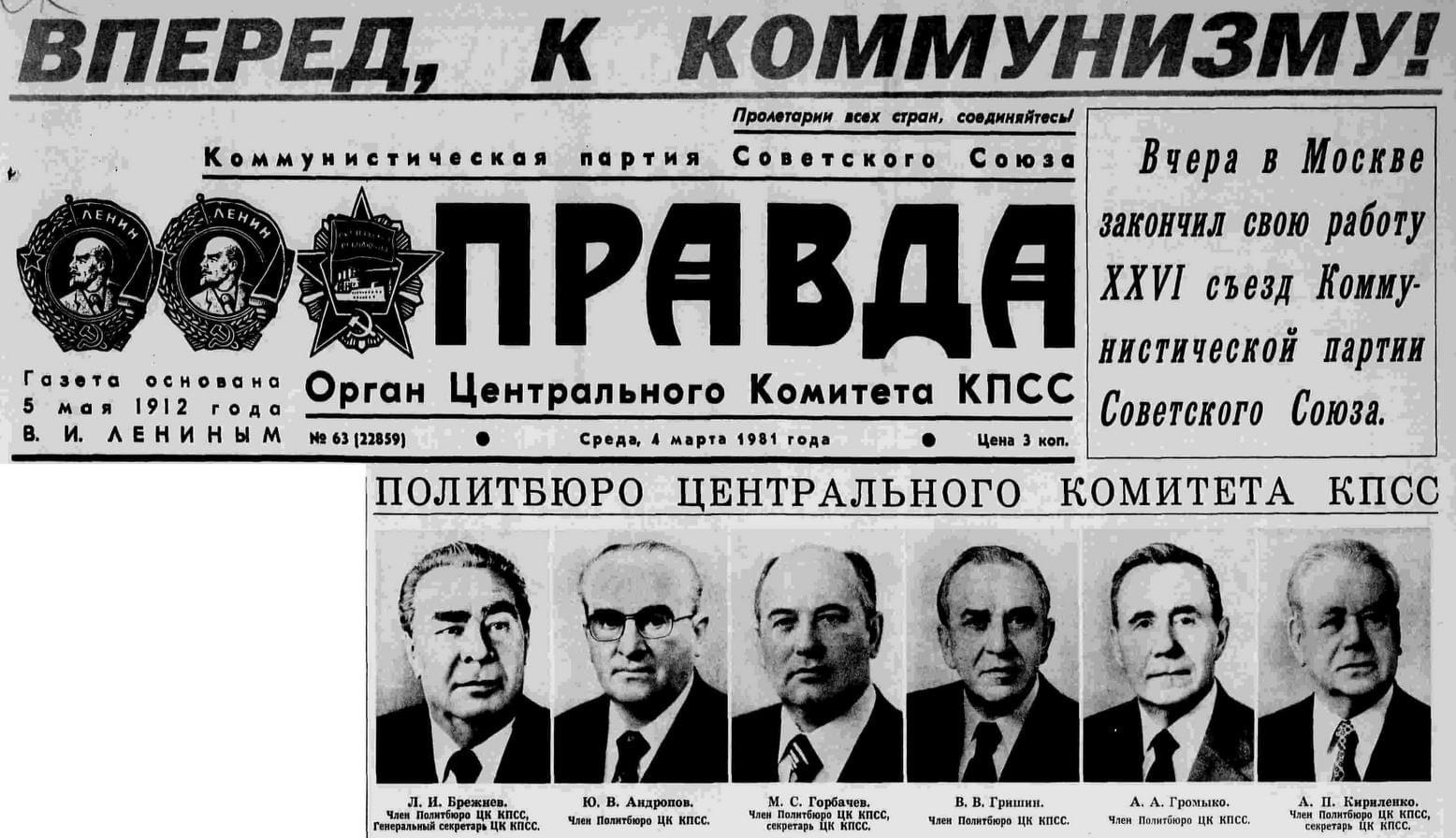The new regime in Belarus: military junta or politburo?
 The situation got worse
The situation got worse

The power dynamics within Belarus have undergone significant changes during the later years of Lukashenka’s rule, with the guards of the regime increasing their influence across various departments. Individual figures from the security forces have extended their presence in state media, raising questions about the nature of the new regime—whether it leans towards a military junta or a politburo.
The nomenklatura agreed with Lukashenka on the transformation of the personalist regime. Most likely, this was facilitated by Kremlin pressure. Moscow has repeatedly emphasized the necessity of transferring presidential powers to other state institutions. The February 2022 referendum reinstated two-term limits for an individual holding the country’s top office. Additionally, a new institution was introduced to ensure a stable transition of power – the All-Belarusian People’s Assembly.
However, over the past three and a half years, the military influence of the security forces has grown disproportionately, and they have gained control over a significant number of civilian departments and sectors.
Lukashenko began appointing military personnel to civilian positions during the 2020 presidential campaign. Even then, he sensed that a serious political crisis was looming. For instance, Prime Minister-technocrat Rumas was replaced by ex-security guard Galouchanka. After the elections, the trend of appointing military personnel to various civilian positions, including in non-governmental organizations (GoNGOs), only intensified.
Commander of the Internal Troops, Mikalai Karpiankou, is a media-savvy and charismatic figure. He is asserting leadership positions among the regime’s hard-line supporters. He caught Lukashenka’s attention during the harsh suppression of the 2020 protests. During that period, his subordinates were particularly notable in punitive operations against demonstrators. The former head of GUBAZIK personally participated in actions to intimidate supporters of change displaying cruelty and demonstrating loyalty to Lukashenka.
Certainly, Karpiankou does not publicly announce his career or political ambitions. During a conversation with the controversial propagandist Azaronak, the security officer affirmed his loyalty to Lukashenka and his departmental subordination to Minister Kubrakou. However, his career ambitions are not confined to the current position of deputy head of the Ministry of Internal Affairs. This is evident from several aspects. Firstly, since 2020, Karpiankou has significantly increased his influence among the security forces. Secondly, he has become rooted in the media space through the favorable coverage of state media. Lastly, over the past year, the internal troops have been reinforced with five new units and two detachments of volunteers. Karpiankou plans to reorganize the internal troops into a separate structure following the model of the Russian Guard, and he actively recruits ex-“Wagners” into his units.
Thus, the ruling class may instigate interdepartmental conflicts among the security forces to diminish their military influence and ambitions.
Subscribe to our newsletter




Situation in Belarus
Constitutional referendum: main consequences


 Video
Video
How to count the political prisoners: are the new criteria needed?


 Video
Video
Paternalism In Decline, Belarusian Euroscepticism, And The Influence Of Russia


 Video
Video












